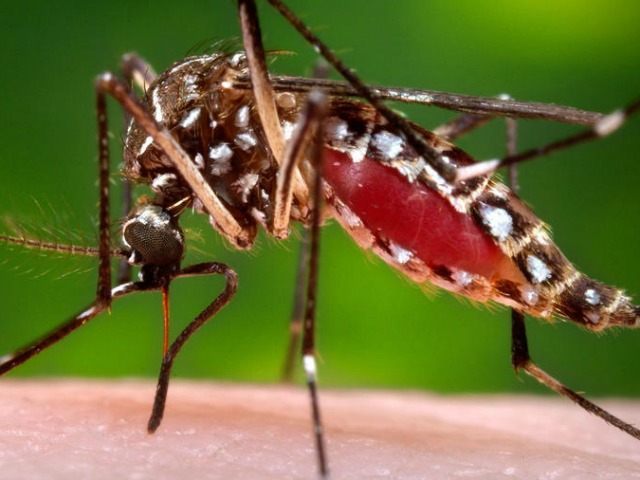Bangladesh authorities have confirmed they found the Zika virus in a blood sample from an elderly man who did not leave the country.
“The virus was found in the man as we tested old blood samples of nearly 1,000 people afflicted with fever in 2014 and 2015,” explained Mahmudur Rahman, director of the Health Ministry’s Institute of Epidemiology, Disease Control and Research.
The 67-year-old never traveled overseas. Authorities also said none of his relatives tested positive for the virus.
A source told bdnews24.com that the government sent a health team to Chittagong to “a specific area.” The team will “collect information, a practice known as ‘contact tracing’ after any new outbreak.” Prof. AKM Shamsuzzaman, line director of the government’s Communicable Disease Control, told the outlet the group has “strengthened out regular searching activities in Chittagong.” He did not comment on Zika, however.
The government decided to test old blood samples after the World Health Organization (WHO) declared Zika a public health emergency on February 1. Thousands of cases of the virus linked to birth defects in newborn children forced the organization to take the step.
“I am now declaring that the recent cluster of microcephaly and other neurological abnormalities reported in Latin America following a similar cluster in French Polynesia in 2014 constitutes a public health emergency of international concern,” announced WHO Director General Margaret Chan.
Experts are working to understand what has now become a clear link between Zika and microcephaly, which occurs when the brain does not fully form during pregnancy or after birth. This leads to serious mental disabilities.
Doctors found the disease in an infant during an autopsy, and numerous mothers reported symptoms.
“This is the strongest evidence to date that Zika is the cause of microcephaly,” stated CDC director Tom Frieden. “Zika is new, and new diseases can be scary, particularly when they can affect the most vulnerable among us.”
Frieden stopped short of asserting Zika caused the microcephaly cases. He said scientists need to perform more tests to confirm an actual link.
WHO also said sexual transmission of Zika is more common than they thought. Chan said the organization reached these conclusions due to “reports and investigations in several countries.” She described the findings as “alarming.”
South Korea confirmed its first Zika case a few days ago after a 43-year-old man returned from Brazil. Doctors diagnosed him with the virus after he suffered from “fever, muscle pain and rash.” Authorities have quarantined him until he fully recovers.

COMMENTS
Please let us know if you're having issues with commenting.